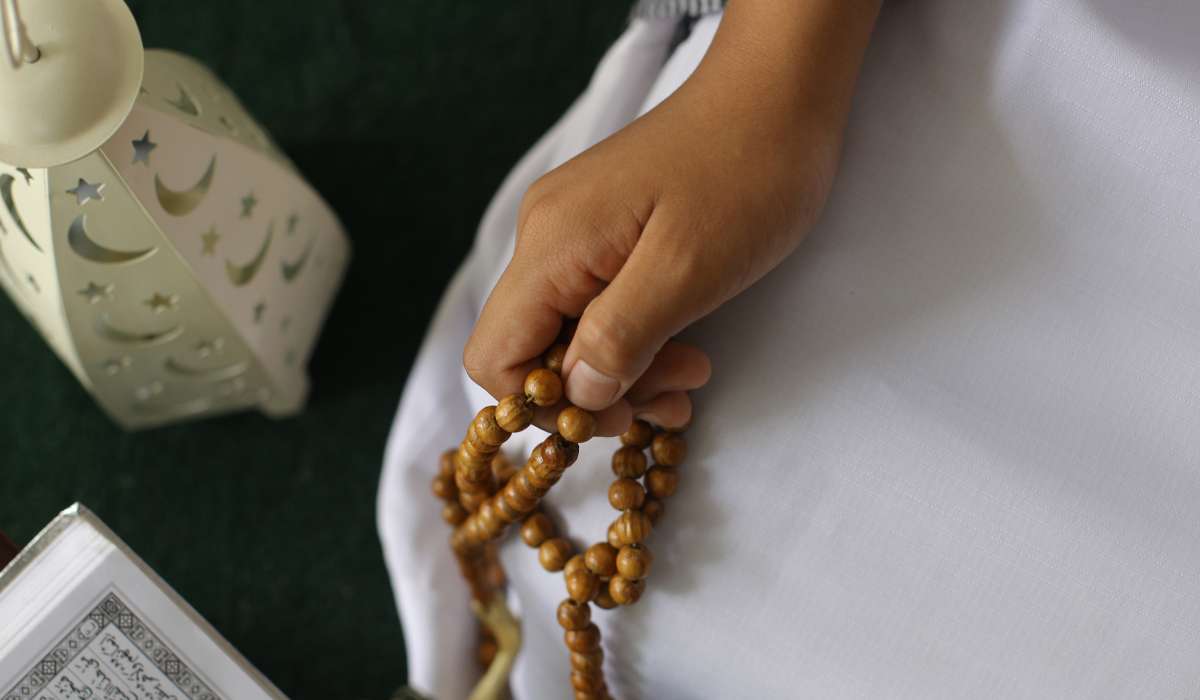Islamic Practices
What is dhikr
Understanding Dhikr
Define Dhikr: Dhikr, also known as remembrance, refers to the act of mentioning, repeating, or praising Allah in Islam.
Importance and significance in Islamic tradition: Dhikr holds a central position in Islamic teachings, emphasizing the connection between individuals and Allah through constant remembrance.
History of Dhikr
Origins of Dhikr practice: The practice of Dhikr dates back to the early days of Islam, with roots in the teachings of Prophet Muhammad.
Evolution over centuries in Islamic communities: Dhikr has evolved and adapted across various Islamic communities, reflecting diverse cultural influences.
Types of Dhikr Practices
Silent or loud recitation: Dhikr can be practiced silently or aloud, depending on individual preferences.
Individual or group settings: Dhikr practices are observed both individually and in congregations, developing a sense of community.
Various forms of repetitive phrases: Different phrases, such as “SubhanAllah” (Glory be to Allah) and “Allahu Akbar” (Allah is the Greatest), are commonly recited during Dhikr.
Benefits of Dhikr
Spiritual benefits: Dhikr aids in strengthening one’s faith, developing a deep spiritual connection with Allah.
Psychological impacts: Engaging in Dhikr can have a calming effect on the mind, promoting inner peace and emotional well-being.
Role in stress reduction and mindfulness: Regular Dhikr practice is believed to alleviate stress and enhance mindfulness, leading to a more balanced lifestyle.
Dhikr in Islamic Spirituality
Connection to the remembrance of God: Dhikr serves as a means to remember Allah in all aspects of life, reinforcing the Islamic belief in the oneness of God.
Dhikr in daily prayers and rituals: Dhikr is integrated into daily prayers and rituals, emphasizing the continual remembrance of Allah throughout the day.
Dhikr as a form of worship and devotion: Through Dhikr, individuals express their devotion and worship to Allah, seeking His blessings and guidance.
Scientific Perspectives on Dhikr
Effects of repetitive chanting on the brain: Scientific studies have explored the cognitive benefits of repetitive Dhikr practices on the brain’s functioning.
Studies on the psychological benefits of religious practices: Research suggests that engaging in religious practices like Dhikr can have positive effects on mental health.
Mind-body connection in Dhikr: Dhikr practices highlight the interconnectedness of the mind and body, promoting holistic well-being.
Implementing Dhikr in Daily Life
Techniques for Practicing Dhikr
Utilize Tasbih (prayer beads) for a structured approach
Recite popular Dhikr phrases to enhance your connection
Establish a consistent practice routine for effective results
Personal Experiences with Dhikr
Hear first-hand testimonials from individuals on the impact of Dhikr
Discover stories of transformation through regular Dhikr practice
Dhikr in Different Islamic Traditions
Explore Sufi practices of Dhikr to deepen your spiritual journey
Understand the variations of Dhikr in Sunni and Shia traditions
Learn about regional differences in Dhikr practices within Islamic communities
Incorporating Dhikr into Modern Life
Apply Dhikr in a busy contemporary setting for inner peace
Access online resources for convenient Dhikr practice
Find a balance between traditional Dhikr practices and modern lifestyles
Challenges and Solutions in Dhikr Practice
Overcome distractions during Dhikr by creating a serene environment
Combat lack of motivation with the support of spiritual communities
Seek guidance from experienced mentors for a deeper Dhikr practice
Frequently Asked Questions about Dhikr
What is the significance of Dhikr in Islam?
Dhikr holds great importance in Islam as it serves as a way for Muslims to remember and invoke Allah in their hearts and minds, developing spiritual connection and mindfulness.
How does Dhikr differ from regular prayer in Islamic tradition?
While regular prayers in Islam involve prescribed movements and recitations, Dhikr primarily focuses on the remembrance and glorification of Allah through the repetition of specific phrases or names.
Can Dhikr be performed individually or is it mainly done in a group setting?
Dhikr can be practiced both individually and in a group setting, allowing Muslims to engage in remembrance of Allah in a collective gathering or during personal moments of reflection.
What benefits can one derive from incorporating Dhikr into daily life?
Engaging in Dhikr can lead to spiritual enrichment, mental tranquility, and emotional well-being. It can also serve as a tool for stress reduction and enhancing mindfulness.
Are there specific phrases or prayers that are commonly used in Dhikr practice?
Yes, there are various phrases and prayers commonly recited during Dhikr, such as “SubhanAllah” (Glory be to Allah), “Alhamdulillah” (Praise be to Allah), and “Allahu Akbar” (Allah is the Greatest).
Conclusion:
In conclusion, Dhikr transcends mere verbal remembrance; it is a profound spiritual practice deeply rooted in Islamic tradition. By understanding the essence of Dhikr, its historical significance, and the diverse forms it takes, individuals can enrich their spiritual lives and cultivate a deeper connection with Allah. Embracing Dhikr as a daily ritual can lead to personal growth, mindfulness, and a stronger sense of divine presence in one’s life. As you delve into the world of Dhikr, may you discover the immense blessings and inner peace that this sacred practice offers.


